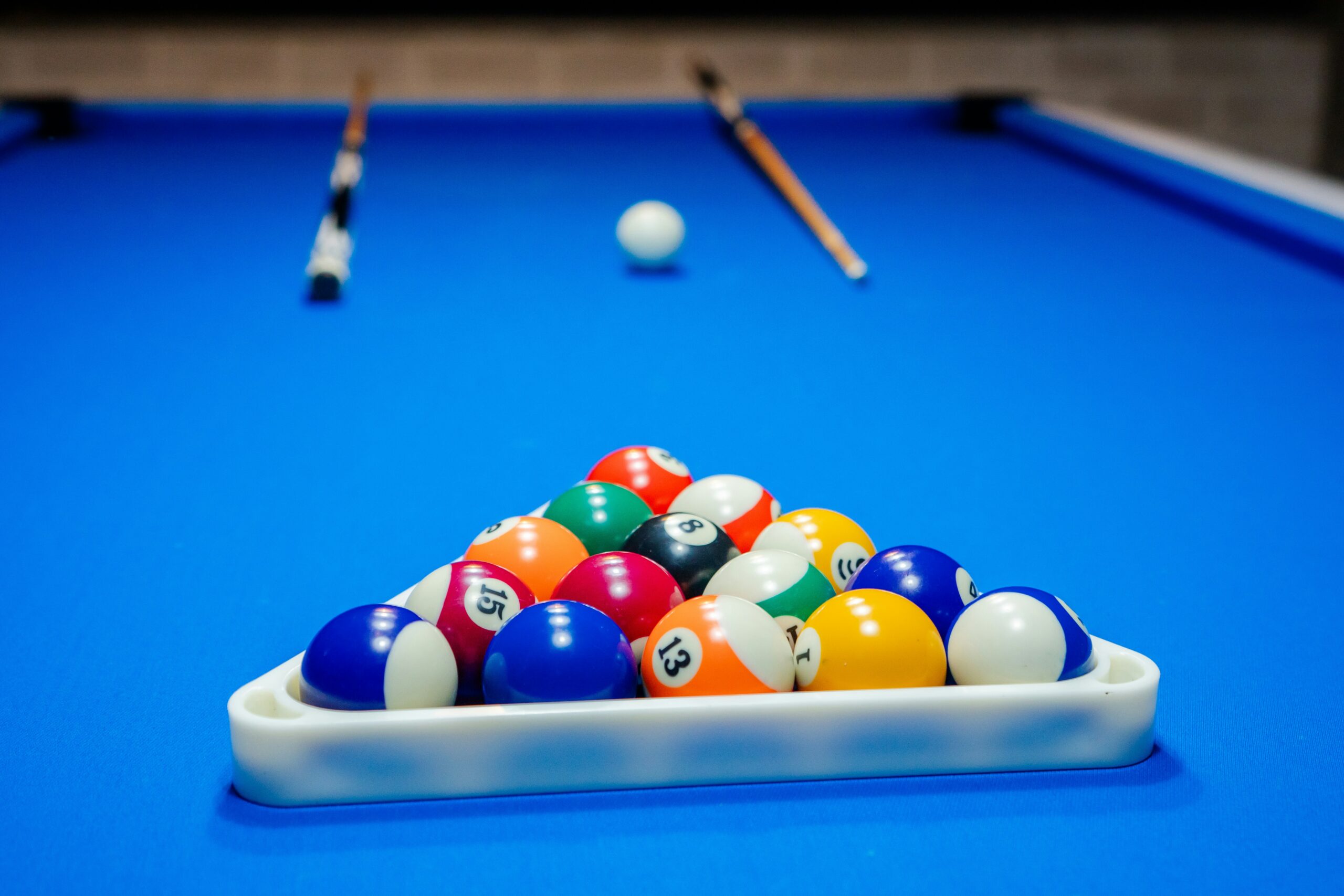
Billiards has always been more than a casual pastime. Behind the smooth strokes and precise angles lies a game that sharpens the mind. Treating billiards as brain training shows how a classic sport strengthens memory, improves focus, and enhances problem-solving skills. Unlike static puzzles or apps, billiards offers dynamic challenges, making it one of the most enjoyable ways to keep your brain sharp while having fun.
Why Billiards Trains the Mind
Billiards requires more than hitting balls into pockets. Every shot involves angles, timing, and strategy. Players must weigh options, predict outcomes, and adapt to changing layouts. This constant mental engagement makes billiards an ideal form of cognitive exercise.
No two games are the same. Each match presents new layouts, forcing players to think creatively and adjust their strategies. This variability keeps the brain active and flexible, strengthening problem-solving skills in the process.
Developing Real-World Problem-Solving Skills
Step-by-Step Thinking
To succeed in billiards, players break down complex challenges into smaller steps. For instance, instead of focusing on one ball, they plan sequences that set up future shots. This mirrors how problem-solving works in real life, where success often comes from tackling one piece of the issue at a time.
Predicting Outcomes
Billiards also teaches predictive thinking. Before making a shot, players imagine multiple scenarios: Will the ball sink? Will it block or help the opponent? Practicing this foresight develops stronger decision-making skills that carry over to academics, business, and daily problem-solving.
Learning from Mistakes
Errors are inevitable in billiards, but they also serve as lessons. Each missed shot provides insight into better strategies. Over time, this trial-and-error process builds resilience and adaptability—two key traits for problem-solving in any area of life.
Cognitive Benefits of Playing Billiards
Memory Enhancement
Playing billiards engages working memory. Players recall techniques, angles, and previous outcomes, reinforcing the brain’s ability to store and retrieve information quickly.
Improved Concentration
Billiards demands unwavering focus. A single lapse can shift the game’s outcome. Practicing focus in a game setting strengthens attention spans, which helps with tasks that require extended periods of concentration.
Boosting Critical Thinking
Each move requires analyzing geometry, physics, and timing to execute effectively. By practicing these skills in the game, players improve their analytical thinking and sharpen their logical reasoning.
Strategy and Planning in Billiards
Billiards is often called “chess on felt.” Players must plan beyond the immediate shot, predicting how moves influence future positions.
Offensive and Defensive Choices
Sometimes the most imaginative play is aggressive, while at other times a defensive move is the best choice. This decision-making process resembles evaluating risks and rewards in real-world scenarios, from career moves to financial planning.
Long-Term Planning
Advanced players think two, three, or even four shots ahead. This level of foresight builds strong planning skills, teaching players how to sequence actions for long-term success.
Emotional and Social Growth Through the Game
Billiards is rarely played alone. Its social setting adds unique cognitive and emotional benefits.
Observational Learning
By watching opponents, players pick up new strategies and perspectives. This helps broaden their problem-solving approach and encourages creative thinking.
Managing Pressure
Competitive games bring tension. Players must perform under pressure, remain calm, and stay focused despite stress. Developing this skill through billiards translates to real-life challenges, such as exams, job interviews, or public speaking.
Practicing Patience
Billiards rewards patience. Quick, reckless shots often lead to failure. Learning to wait and think before acting helps build patience, a vital trait for solving complex problems.
Practical Ways to Use Billiards as Brain Training
Set Personal Challenges – Try mastering trick shots or planning three moves.
Analyze Your Games – Reflect on what worked and what didn’t after each match.
Play Consistently – Regular practice builds both skill and mental sharpness.
Compete with Stronger Players – Challenge yourself against opponents who force you to adapt.
Stay Focused on Growth – Treat each match as a brain exercise, not just a leisure activity.
Billiards is more than a recreational game—it’s a mental workout disguised as fun. By treating billiards as brain training, players sharpen focus, strengthen memory, and develop real-world problem-solving skills.
From strategic planning to staying calm under pressure, the lessons learned on the billiards table extend far beyond the game. Every shot trains the brain, turning each match into an opportunity for growth, resilience, and sharper thinking. Whether you’re a casual player or a serious competitor, billiards offers more than just entertainment—it strengthens the mind for life’s challenges.